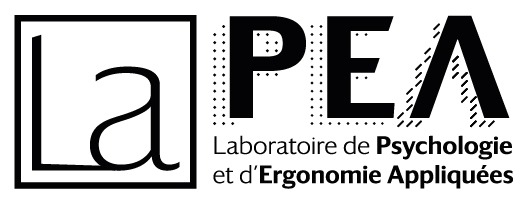This thesis aims to fill this gap by studying the difference between non-immersive and immersive virtual environments in terms of creativity enhancement at individual and collective levels.
Résumé :
As one of the essential skills for the 21st century, creativity influences people’s work and daily life, and people enhance creativity in classrooms and workplaces in various ways to achieve better goals. As VR systems become more user-friendly and affordable, researchers in the domain of creativity use them as creativity-boosting tools. Many experimental results have shown the effectiveness of both non-immersive (e.g. desktop) and immersive (e.g. VR headset) virtual environments in enhancing creative performance compared to reality. However, only a few studies compared the effect of two types of virtual environments (i.e. non-immersive and immersive) in terms of their creativity-boosting effects. This thesis aims to fill this gap by studying the difference between non-immersive and immersive virtual environments in terms of creativity enhancement at individual and collective levels. More specifically, I focus on comparing the effects of two digital representations, user-representation (i.e. avatar) and contextual representation in two virtual environments on creativity enhancement. In addition, I consider embodiment and presence, two psychological factors that are influenced by the level of immersion, to have mediation effects in the relationship between avatar, context, and creativity enhancement. I will conduct a series of lab experiments with single participants (individual level) or participants in groups (collective level), and observe the change in perceptions, emotions, behaviors, physiological activities, and creative performances of the participants in different kinds of virtual environments. With the empirical results, I will build a theoretical framework to describe the relationship between avatar, context, immersion, embodiment, presence, and creativity (the creative process and the creative performance) in virtual environments.
Directeurs de Thèse
Jean-Marie Burkhardt, Directeur de Recherche — Université Gustave Eiffel
Todd Lubart, Professeur des Universités — Université Paris Cité
Liu, Jiayin, Jean-Marie Burkhardt, and Todd Lubart. 2023. “Boosting Creativity through Users’ Avatars and Contexts in Virtual Environments—A Systematic Review of Recent Research.” Journal of Intelligence 11 (7): 144. https://www.mdpi.com/2079-3200/11/7/144.
À lire aussi
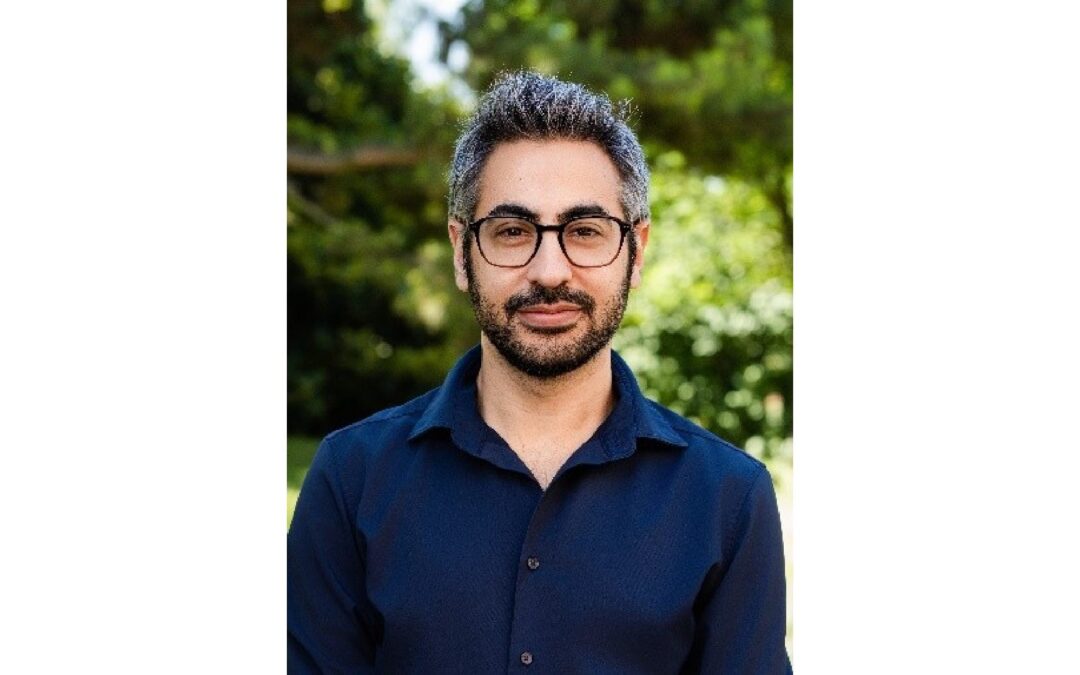
Anthony Lantian (Université Paris Nanterre) : Croyances aux théories du complot : rôle des motivations existentielles et épistémiques, et liens avec la stigmatisation
Jeudi 19 mars 2026 à 10h30. © Résumé : Cette présentation propose une série d’études visant à mieux comprendre les croyances aux théories du complot. Je commencerai par examiner les motivations existentielles, notamment les effets de la perte de sens et de...
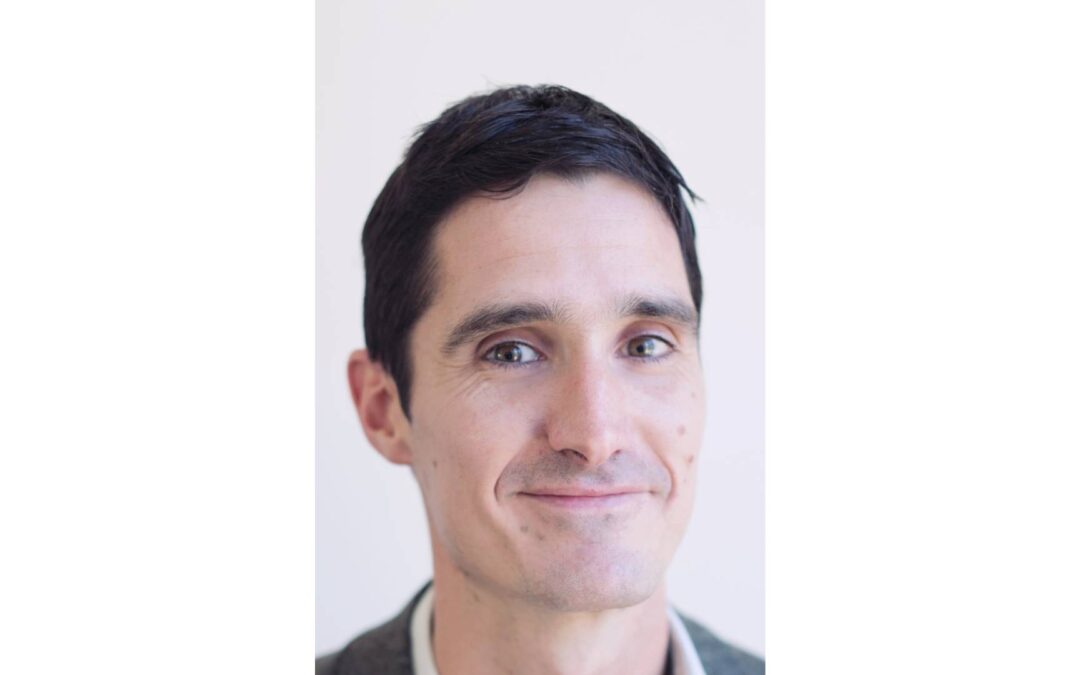
Gael Brulé : Le coût environnemental du bonheur
Jeudi 29 janvier 2026 à 10h30. © Résumé : Objectif de vie pour tout un chacun, démonstration de puissance pour l’État, le bonheur fait l’objet de nombreux classements. Les indicateurs utilisés résultent toutefois de constructions fondées sur différentes idées...
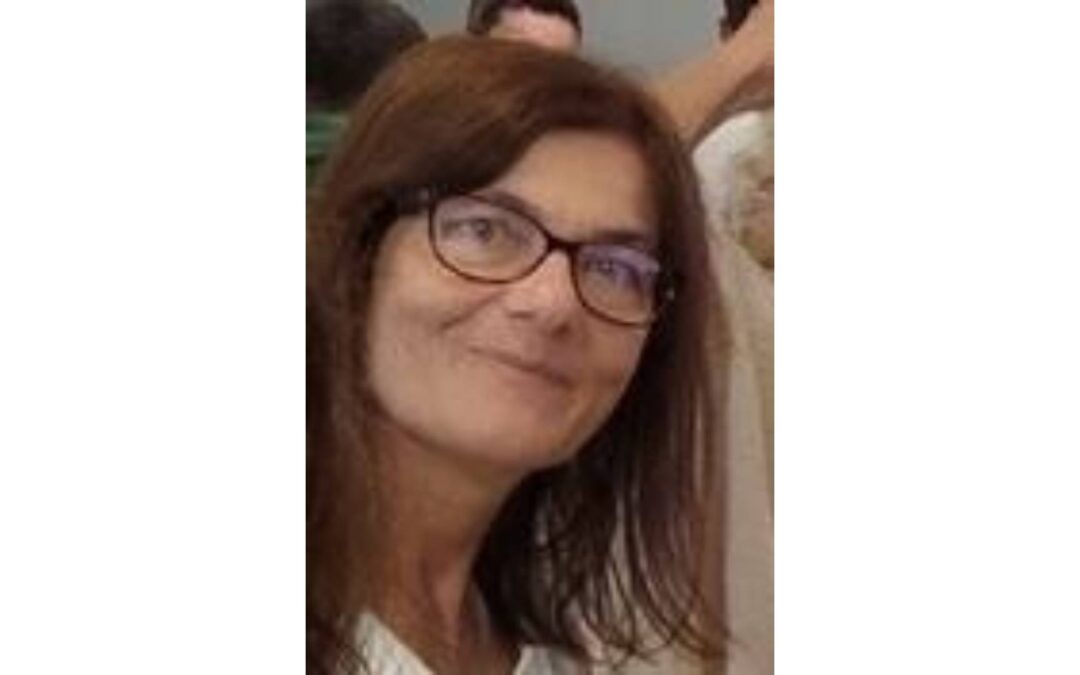
Hélène Sauzéon (Université de Bordeaux) : Les motivations intrinsèques comme principes de conception des technologies numériques pour la cognition.
Jeudi 20 novembre 2025 à 10h30 en 2011. © Résumé : Les théories psychomotivationnelles, comme celle de l’autodétermination (Ryan & Deci, 2000) placent l’agentivité comme pilier du développement à tous les âges de la vie à travers notamment l’expression de...
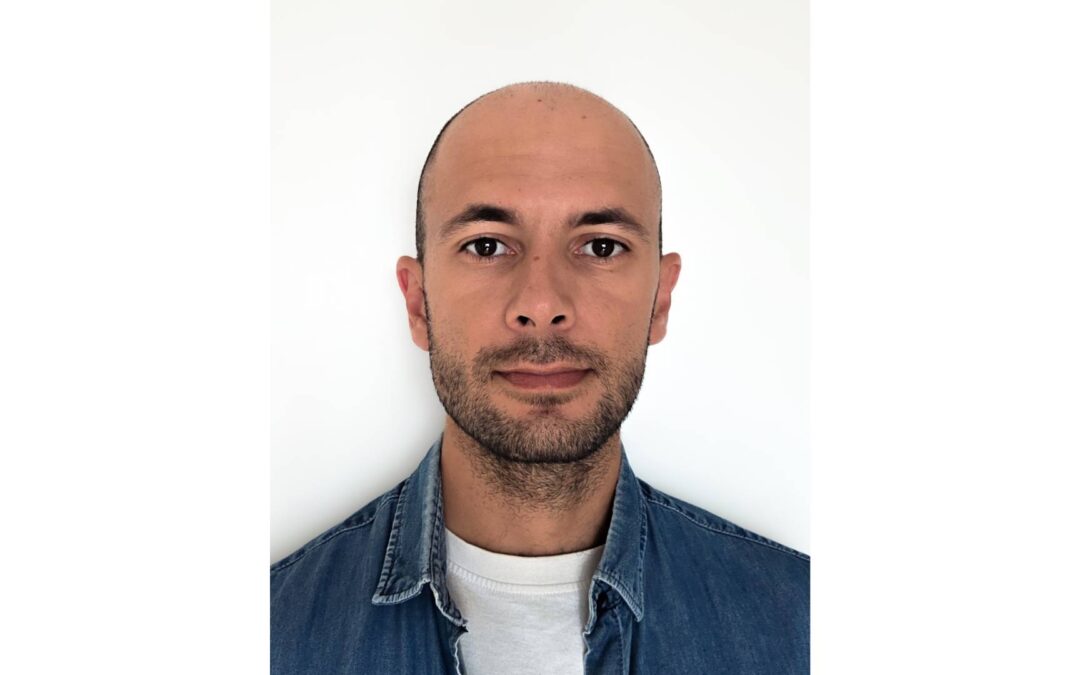
Samy Chikhi :”Mesurer et moduler la gestion des ressources cognitives”
Jeudi 25 septembre 2025 à 10h30 en 2011. © Résumé : Le système cognitif humain est limité dans ses capacités de traitement, ce qui entrave notre capacité à intégrer et manipuler l’information et affecte la qualité des décisions prises. Le concept de charge...
